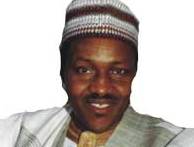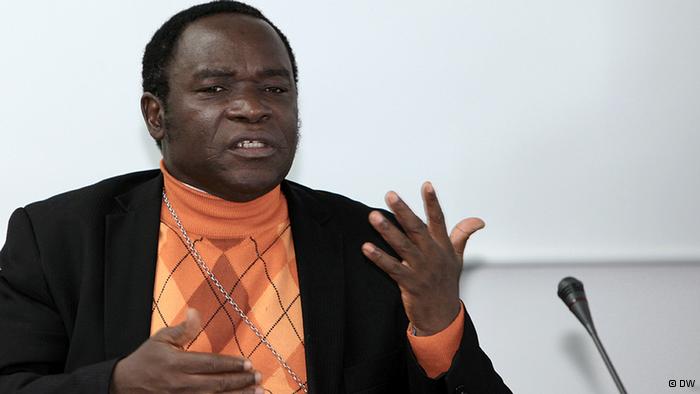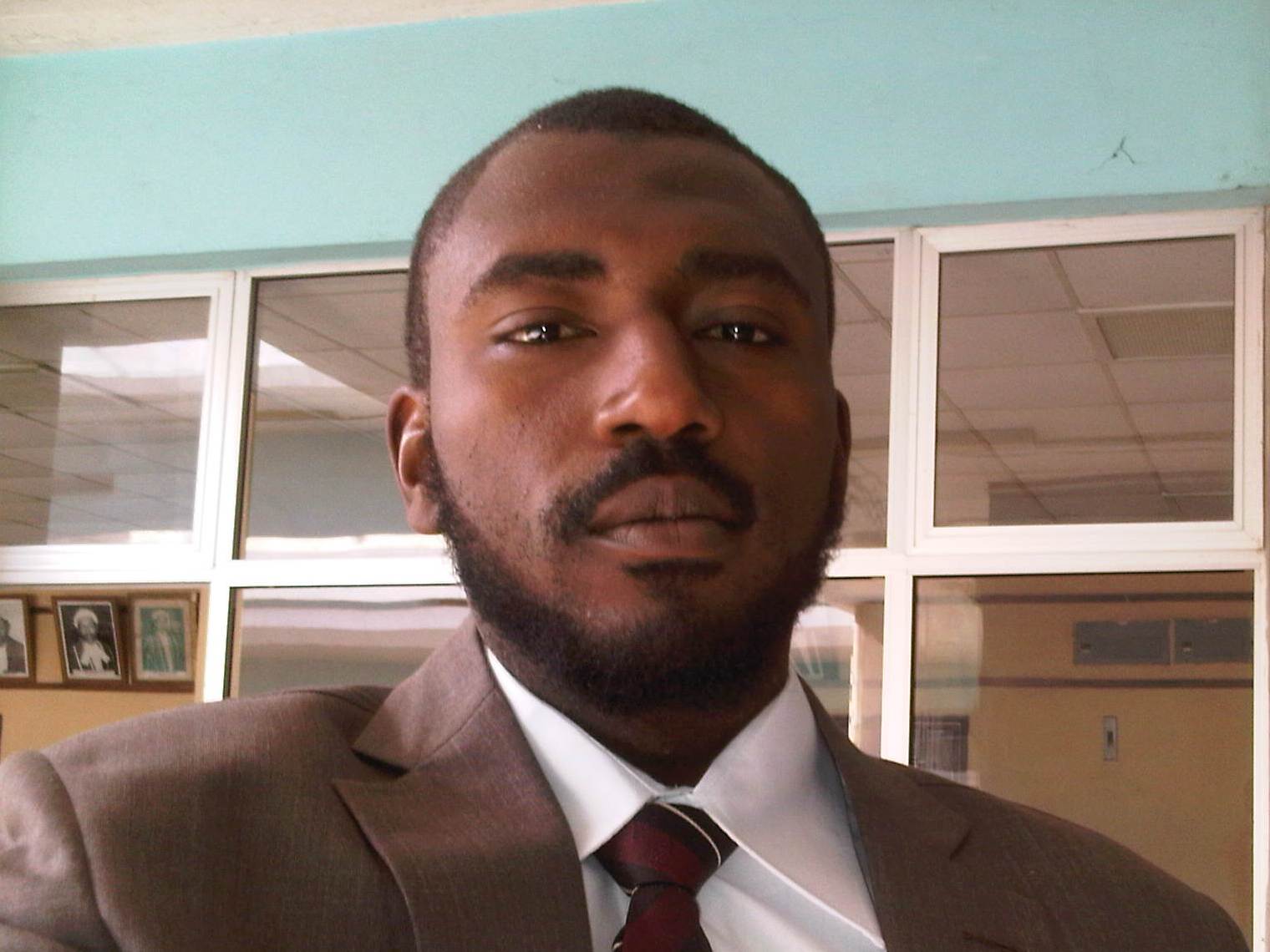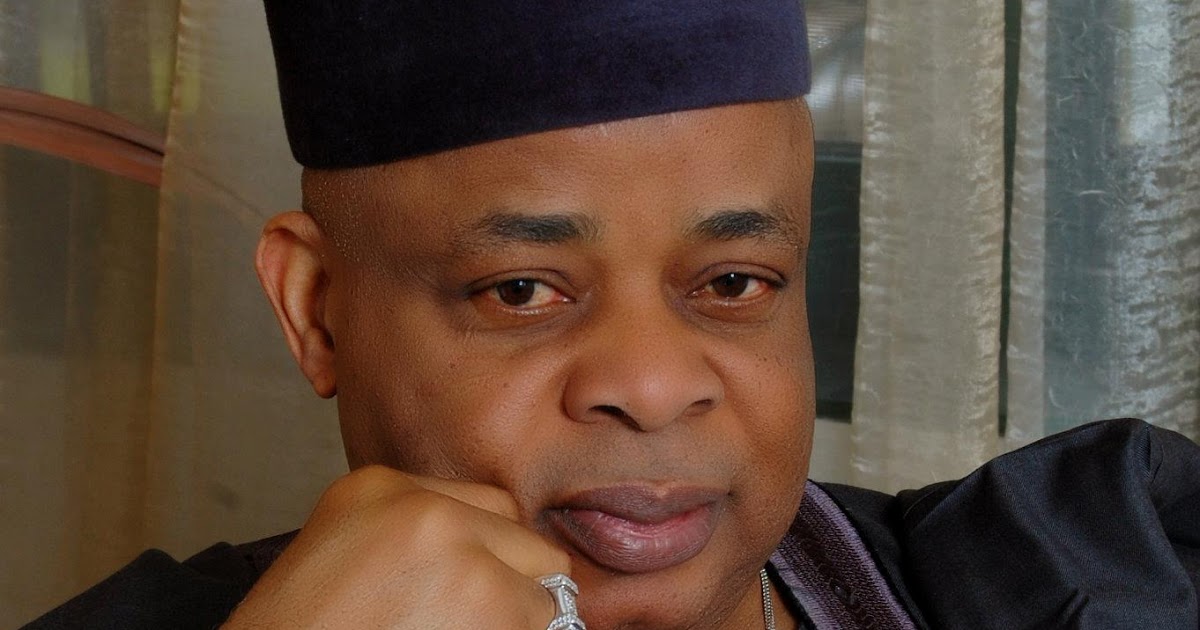By ANIEBO NWAMU —
President-elect Muhammadu Buhari’s best credential is that he is a corruption fighter. His government will be judged mainly by the ways it tackles this monster. I know the obstacles are mountainous: the perpetrators of corruption in the past 29 years have cleverly made laws and created weak institutions that are in conflict with anti-corruption in all facets of our national life. But something can still be done to clear the webs of deceit and untangle the chords of confusion that have been weaved over the years. As Nelson Mandela said, it always seems impossible until it is done.
To uproot corruption, Gen. Buhari and his deputy Professor Yemi Osinbajo should use one major weapon: openness. Anyone who cannot show his assets or sources of income on television is corrupt and perhaps a criminal. Anyone who doesn’t feel at ease whenever his true identity is about to be made public is corrupt and perhaps a criminal. Corruption and crime will reduce drastically when citizens of Nigeria know that anyone can easily access all information about them at any time.
In the last few years, we have seen numerous attempts to “capture” or “verify” bank customers, would-be voters, pensioners and civil servants. Billions and perhaps trillions of naira have gone with them, yet they have failed to achieve the desired objectives. There have been “electronic data capture”, taxpayer identification number (TIN), new driver’s licence, new vehicle registration, national identity card, bank verification number (BVN), electronic international passport, IPPIS (Integrated Personnel and Payroll Information System), and lots more. Why have all these failed to arrest car theft, armed robbery, ghost workers, pension theft, fuel subsidy theft, smuggling, identity theft, overinflated contracts, bank deposit theft, 419 and other crimes?
In the age of ICT, these crimes have worsened only in places leaders have not made conscious efforts to curb them, and where there is a lack of political will to punish offenders. An example: Finance minister Okonjo-Iweala boasts that the federal government gains over N120billion monthly by eliminating ghost workers with IPPIS. But none of the men and women behind the ghosts has been arrested, and IPPIS has been implemented only in a half of MDAs. Many ghost schools still exist with salaries and pensions for their “staff” paid in full every month! Is IPPIS really rocket science that can’t be completed in a few weeks?
Multiplication of biometric data, like multiplication of government ministries and agencies in Nigeria, can only lead to confusion and ultimately failure. There are the Ministry of National Planning, the National Planning Commission, the National Bureau of Statistics and the National Population Commission. Where are the plans and the statistics? Using biometric data, the National Identity Management Commission (NIMC) issues the national identity card, but so do the Federal Road Safety Corps, Nigeria Police, Nigeria Immigration Service, INEC, National Population Commission, banks and a number of others.
My first proposal to the next government of Nigeria is: provide a national identity card that also carries each holder’s tax information and biometric data. The proposed “catchall” card should also serve as a voter card. No one should be able to open a bank account, attend tertiary school, go to hospital, receive public money, vote at elections, get a job, board an airplane, get/renew a driver’s licence, or enjoy other privileges without this card. Thenceforth, the next information everyone would provide after their name in any document would be this card number, which information would be accessible to all agencies and journalists at the click of a button. When an armed robber has been shot, his fingerprint could be taken to a machine to reveal his identity.
What this means is that every adult Nigerian (age 18 and above) would pay tax, and only taxpayers would vote or be voted for at elections. The tax to be paid by a student or an unemployed person could be little as N100 per year, but let them pay something. Tax revenues would shoot up and citizens would start asking more questions about how their money is spent.
A population census is billed for 2016. The Federal Inland Revenue Service (FIRS) and NIMC could be mobilised to do this easily. (Luckily, both agencies share a fence in Abuja.) Let this card that will bear each person’s number be produced then. And let registration be a continuous process: everyone should get their card on reaching age 18.
Nobody knows the population of Nigeria or the population of the various states today because our borders are the most porous in the world. Counting foreigners and cattle in the north or fishes and shrines in the south for the purpose of elections, state/LGA creation and the like has not helped us in any way. There will be no acceptable census or voter register until we tie each to tax payment. I know politicians would not encourage this, but statesmen should. An accurate headcount and tax collection would help our leaders to plan better.
Who has been misleading and frustrating this country and its leaders? Leaders that fail are mainly those that shut themselves out (or are shut out) from the media. In Aso Villa, I’m told, presidents read only articles and news stories their aides want them to read. Yet, there is no trouble with Nigeria whose solution cannot be found in the media. Today, I make my little contribution to the working plan of the incoming government, bearing in mind that General Buhari and Professor Osinbajo will relocate to Aso Villa on May 29.
***
On A People’s ‘Thoughtlessness’
In this space, last week, I lampooned (not abused) the presumed political leaders of my clan for their lack of foresight in advance of the just concluded elections in Nigeria. I called for a renaissance. Judging by the reactions that have followed, I believe I have succeeded in delivering the message, as a good student of history and of English literature. A majority of the messages I have received applaud the article. My fellow Ndigbo who have reacted angrily, I believe, are those who have misjudged the use of satire and irony in the column – and those who have imagined that truth has no place in political discourse.
To the latter group, I therefore say: Nobody can be more Igbo than me, and few Igbo have suffered more than me in Nigeria on account of accident of birth. I couldn’t therefore have called for persecution of us Ndigbo or described Igbo officeholders in recent times as riffraff and money-miss-road. People like Soludo, Ezekwesili, Okonjo-Iweala, Chidoka, Oduah, Obi and Anyim have served in the Obasanjo and Jonathan regimes because they are technocrats – they have never presented themselves as Igbo leaders.
So, rather than tender an apology as Azubuike (08055790147) demanded, I have chosen to offer this clarification. I hope those who feel aggrieved would understand the literary schemes employed by writers. No Nigerian leader can afford to ignore Ndigbo. We shall still get our due in the next government. Remember that Buhari received at least 150, 000 votes from Igbo states and millions more from Ndigbo residing in other states.
#














